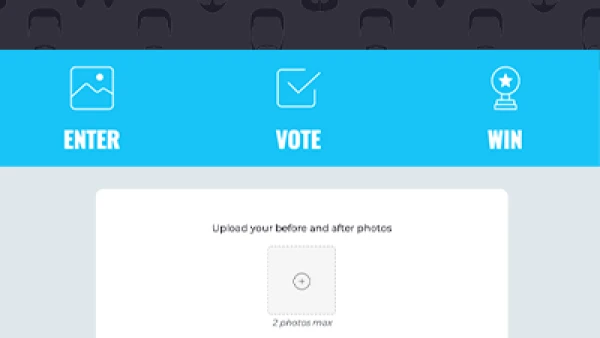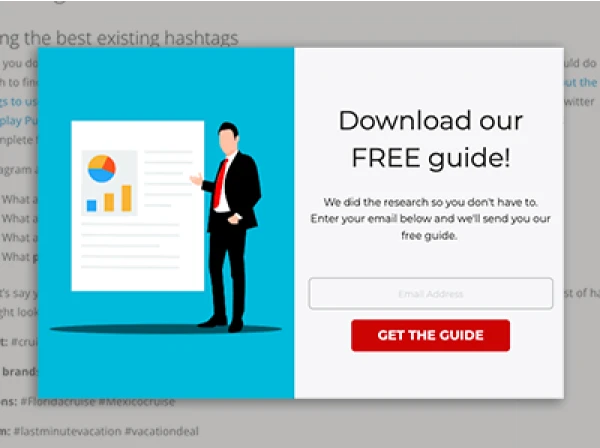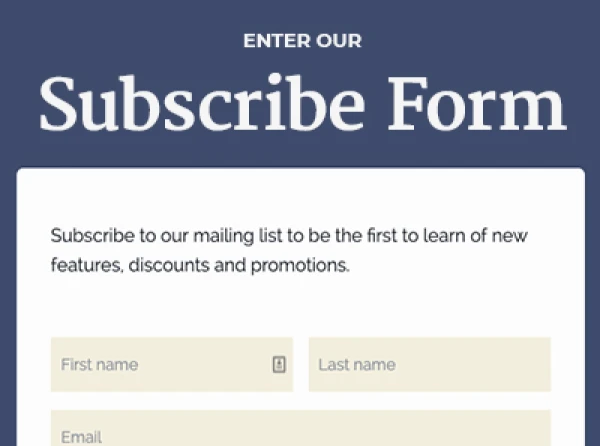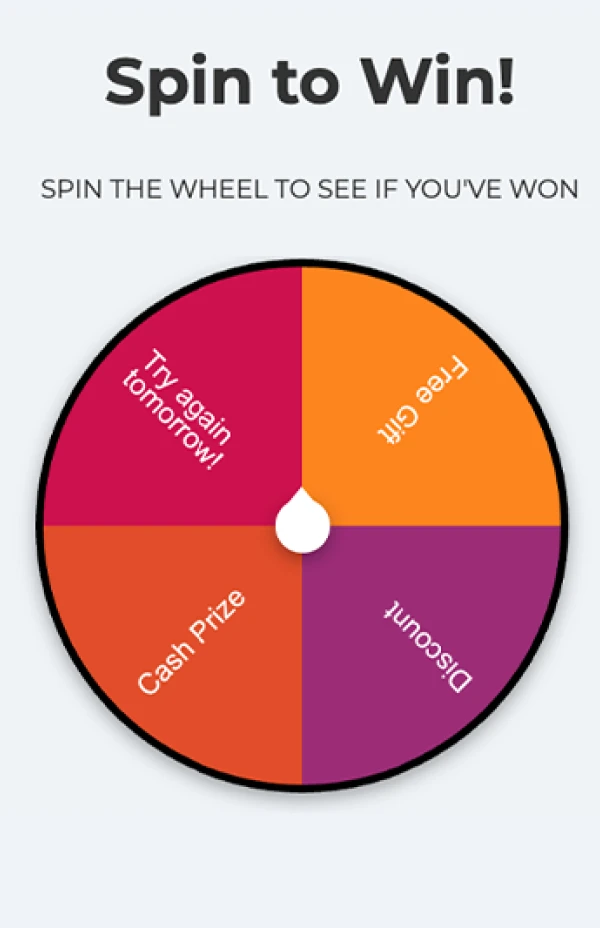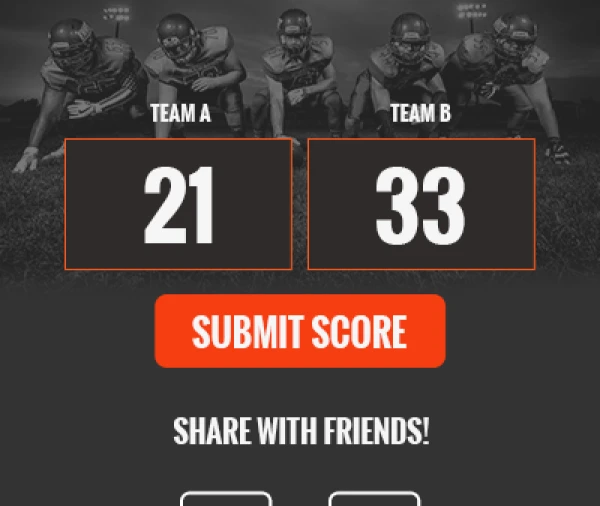Do you ever feel overwhelmed by the number of tools your agency uses?The average digital marketer uses 12.4 tools to support the delivery of data-driven marketing campaigns.And that is just an average… Some are using over 30 tools to achieve the same outcomes!For agencies, this can quickly get out of control. Not only do you have your own toolset of choice, but you need to work with the apps and software your clients choose and weave them all together in one cohesive strategy.Of course, you can’t throw the baby out with the bathwater. Agency tools are a necessary evil - they bring increased efficiency, better client outcomes, and scalable processes.How do you find a happy medium? How do you put together an agency toolset that taps into these benefits without giving you software overload?
Start by getting organized
The first step to demystifying complexity is to gather together all of your inputs and organize them into a digestible framework.When it comes to your agency software tools, take the time to list every app that you, your team, and your clients rely on to get things done.The process of capturing a list of all your tools may be an eye-opening experience in itself. You’ll be surprised how many apps you have in the mix.Once you’ve got your master list, categorize them into areas of business and client functions. Here are some catch-all categories you could use:
- Sales and Marketing - The internal apps and tools you use to grow the agency and close deals.
- Project Management and Communication - The software you rely on to get things done and collaborate with colleagues and clients.
- Campaigns - The tools that help you execute and manage campaigns for clients.
- Reporting - What you use to create and deliver progress updates to clients.
- Specialty - Any specialist tools your agency needs, based on your area of expertise.
By categorizing the tools you are currently using, you may find inefficiencies or gaps in your toolset. For example, several tools could be doing the same thing, allowing you to eliminate those you don’t need. Or, you may find you’re missing something.To help you further with this process, let’s breakdown each of the categories above and look at some best-practice agency tools for each.
Sales and Marketing
As you well know, running an agency is more than just delivering client outcomes. Prospecting and lead generation are critical to the long-term success of a services company.There may be some overlap in the tools you use internally for sales and marketing with the ones you choose for client delivery, but there are some subtleties.Here are some examples of the tools you’ll need to market your agency and close deals on a regular basis.
- CRM and Lead Management Software - There are a plethora of sales tracking apps out there that could benefit your agency’s sales process. From full-blown CRMs that automate email follow-ups and track sales calls, such as HubSpot or Salesforce, to tools that focus on a narrow component of the sales ecosystem, such as io.

Reply.io
- Proposal Software - Most agencies bootstrap the proposal process with PowerPoint decks, untracked email chains, and inconsistent follow up methods. This approach is fine in the early days, but if you want to scale, you’ll need a robust proposal creation and tracking software such as Proposify.

Proposify
- Marketing Toolset - Your tools will differ depending on your marketing strategy. You’ll most likely have some form of email automation, website management, document creation, design, and social media management tools. I’ll cover these in more detail in the client delivery sections below.
It’s easy to get caught up in client delivery and have a patchwork quilt of sales and marketing tools, but it isn’t scalable.
Project Management and Communication
Agency life has an enormous number of moving parts. Perhaps more so than any other business because you are juggling the needs and personalities of numerous clients, staff, freelancers, and suppliers at once.This makes project management and communication tools critical for ensuring important tasks don’t slip through the cracks.Here are some examples of the tools you may need in your arsenal:
- Document Management - You’ll be creating and sharing all sorts of documents with your team and clients that require cloud storage, various access levels, and smart integration. It’s hard to go past Google Workspace for this.

Google Workspace
- Task Management - Setting up projects, creating timelines, and assigning tasks is a day-to-day occurrence in the agency-client relationship. A project management tool such as Asana gives you account-wide visibility and peace of mind that everything is getting done on time.

Asana
- Communication - Yes, a portion of your communication between stakeholders will be done over email, but avoiding inbox overload with tools like Slack can significantly improve agency productivity. You’ll also want a video conferencing app, like Zoom, for virtual meetings.

SlackWhile these apps form the core of what you’ll need for project management and communication in your agency, there are tons of alternatives that achieve a similar result.
Campaigns
Executing campaigns for your clients needs to be as smooth and efficient as possible. Not only do you want to get great results, but you also need to keep clients informed, meet deadlines, and other expectations or deliverables.Each marketing campaign will be different, and the tools you use will depend on your primary offering to a client. However, here are some general tools you’ll need to execute marketing campaigns.
- Email Marketing Platform - Just about every marketing campaign has some form of email capture, follow up, or sequence involved. And the email marketing software ecosystem is vast. The tool that is right for you will depend on how complex your clients' campaigns are. On the simple end, an app like Mailchimp could be enough, or for more intensive automation platforms, check out Ontraport.

Ontraport
- Landing Page Builder - Campaigns don’t run without landing pages, and you need to be able to create well-designed pages fast that can be quickly iterated and tested. If your agency focuses on email capture and social media campaigns, ShortStack’s landing page builder is an excellent tool you can rely on.

ShortStack
- Graphic Design Tool - Every campaign you launch will have an array of elements that need designing, such as banner ads, social media posts, landing page graphics, and more. Many agencies will have in-house designers using the Adobe Creative Suite, but if you don’t, then Canva is an affordable and easy-to-use alternative.

Canva
- Conversion Optimization Tools - While your email marketing and landing page software will have some features to analyze and optimize your campaigns, you may like to take conversion optimization to a new level with data analysis, A/B testing, or heat mapping tools. One example is VWO.

VWOThe way you deliver and optimize campaigns for your clients will determine how long they stick around, so it’s critical to have the right toolset.
Reporting
Several of the tools I’ve discussed so far have an element of reporting that you can use to relay progress updates back to your clients. However, the analytics you get from these platforms is specific to the purpose of the tool.For example, ShortStack provides in-depth landing page and email analytics for your campaigns, which can help identify leading indicators to positive outcomes and improve the performance of campaigns. But there are an array of other data points and insights your clients may be interested in, such as social media engagement, SEO ranking improvements, or PPC conversion rates that make up a holistic view of your work together.Having a reliable tool where you can generate meaningful data insight reports for clients, can save you hours piecing things together in a spreadsheet or slide deck.Some leading tools in the agency reporting space include DashThis, AgencyAnalytics, Swydo, and ReportGarden.

AgencyAnalyticsConsistent reporting that you can replicate across all of your clients in a matter of minutes every month will dramatically improve your retention rate.
Bringing It All Together
This article focuses on the tools that are essential to any marketing agency. The other software you choose will depend on the areas you specialize in. For example, if you exclusively offer SEO services, then a powerful SEO data analysis tool such as ahrefs or SEMrush will need to be added to the list. Or, if you run scalable Facebook ad campaigns for clients, AdEspresso might be on your tool belt.An article about agency tools could go on forever… There are thousands and thousands of marketing apps that help agencies work more effectively and productively. In the end, the most important thing for you is to identify how your toolset will get the best out of your team.You may be on the search for some all-in-one solutions or reporting integrators that create efficiencies in your processes. However, less is not always better. You don’t want to sacrifice quality for ease-of-use if it means diminishing client outcomes.Look to find the right balance between specialty tools, integrators, and agency-wide communication processes that have your team working in unison to deliver client outcomes.
About the author
Will Blunt is the founder of Sidekick Digital by Will Blunt - B2B Marketing Expert - Sidekick Digital, a publishing business that launches, manages, and grows brands with content marketing.
Recent posts
Go back to blogGet marketing tips straight to your inbox
Launch an irresistible giveaway. Get started for free.
Join 630.000+ marketers that are boosting engagement and sales.


